Agora is professional reading journal for History teachers. Each issue provides perspectives on a particular theme, from curriculum-focused content to pedagogical practice, along with teaching strategies, classroom activities and educational resources addressing the broader History curriculum.
Reflection
Editorial
Four Approaches to the Knowledge Versus Skills Problem in the Teaching of History • The degree of focus on knowledge or skills in History teaching can lead students to accept or question a single account of the past, or even leave multiple accounts in contention.
Reflections on The Big Six • Reflecting on the influence of The Big Six Historical Thinking Concepts on History teaching, its co-author believes they can be made more powerful by connecting them to narratives that support the teaching of three controversial issues.
Skills v Content: A False Dichotomy? • Knowledge lacks significant meaning without the accompanying skill base to interpret it.
The Power of Knowledge • The argument that knowledge is merely a delivery mechanism for skills misunderstands the crucial role that knowledge plays in developing student understanding of their world, and in creating a coherent and sequenced curriculum.
Agora
From Historical Thinking Concepts to Historical Thinking Skills • The historical thinking concepts that underpin Victoria’s History Curriculum teach students to use the same habits of mind that historians use in their own practice.
Focusing on Knowledge or Skills Is a Question of Cognitive Load • Knowledge committed to long-term memory frees up the working memory available to apply that knowledge.
Curriculum Choice and Planning for Student Agency • Student agency is the measurement of how much student learning is ‘theirs’ rather than ‘given to them’. This demands careful, thoughtful and controlled deployment of subject content.
Historical Knowledge and Skills Underpin Democratic Citizenship in a Diverse Classroom • The Victorian History Curriculum can provide students with the skills and knowledge required to support a thriving democracy by considering multiple points of view.
Gathering Knowledge and Interpreting Sources to Write Historical Fiction • Like historians, writers of historical fiction apply historical thinking and research skills to delve into the past before packaging their knowledge for a broad readership.
How to Hook Students Who Are Hostile to History • By focusing on the many ways we use historical skills, disengaged students can see how history touches everything from their daily interactions to their highest aspirations.
The Writing Revolution in the History Classroom • Some simple writing tasks can enable students to express complex historical thinking.
Acronyms that Build Confidence with Source Analysis • The use of acronyms can reduce student concerns about analysing sources and bring a uniform approach to teaching historical skills.
Juggling Historical Knowledge and Skills in the Primary Classroom • The curriculum directs primary teachers of History to incorporate knowledge, skills, capabilities and cross-curricular priorities in their classroom practice. Four exercises that elicit different types of thinking can help you implement these requirements.
Applying the Skills and Knowledge of the Museum to the History Classroom • Sharing how history is practised in museums can help students understand how historical knowledge is shaped and changes, see the complexity of primary sources, and establish significance.
Breaking through the Dichotomy between Historical Knowledge and Skills • We are overdue for an evaluation of what has been achieved by an unbalanced focus on skills.
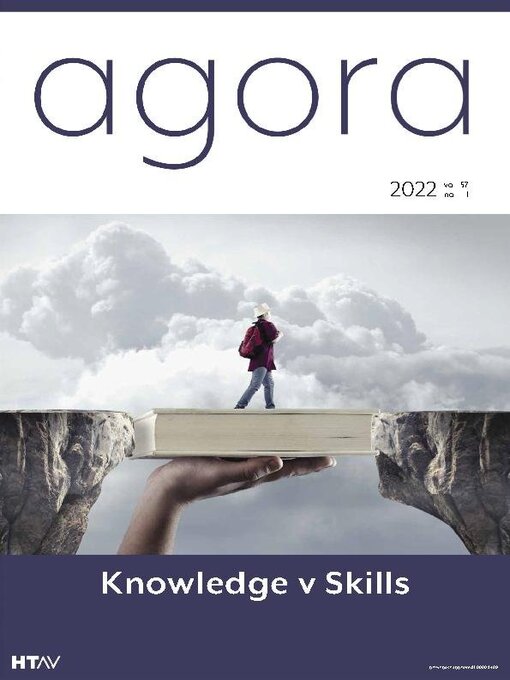
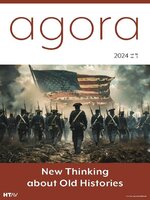 Vol 59 No 3 2024
Vol 59 No 3 2024
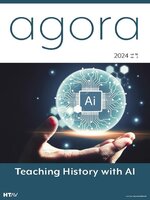 Vol 59 No 2 2024
Vol 59 No 2 2024
 Vol 59 No 1 2024
Vol 59 No 1 2024
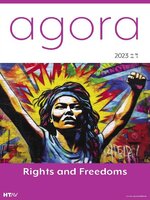 Vol. 58 no. 3 2023
Vol. 58 no. 3 2023
 Vol. 58 no. 2 2023
Vol. 58 no. 2 2023
 Vol. 58 no. 1 2023
Vol. 58 no. 1 2023
 Vol. 57 no. 3 2022
Vol. 57 no. 3 2022
 Vol. 57 no. 2 2022
Vol. 57 no. 2 2022
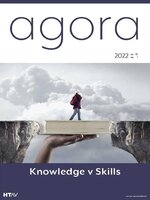 Vol. 57 no. 1 2022
Vol. 57 no. 1 2022
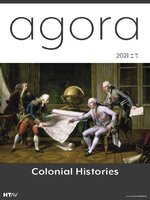 Vol. 56 no. 3 2021
Vol. 56 no. 3 2021
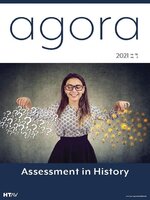 Vol. 56 no. 2 2021
Vol. 56 no. 2 2021
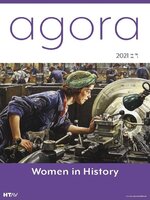 Vol. 56 no. 1 2021
Vol. 56 no. 1 2021
